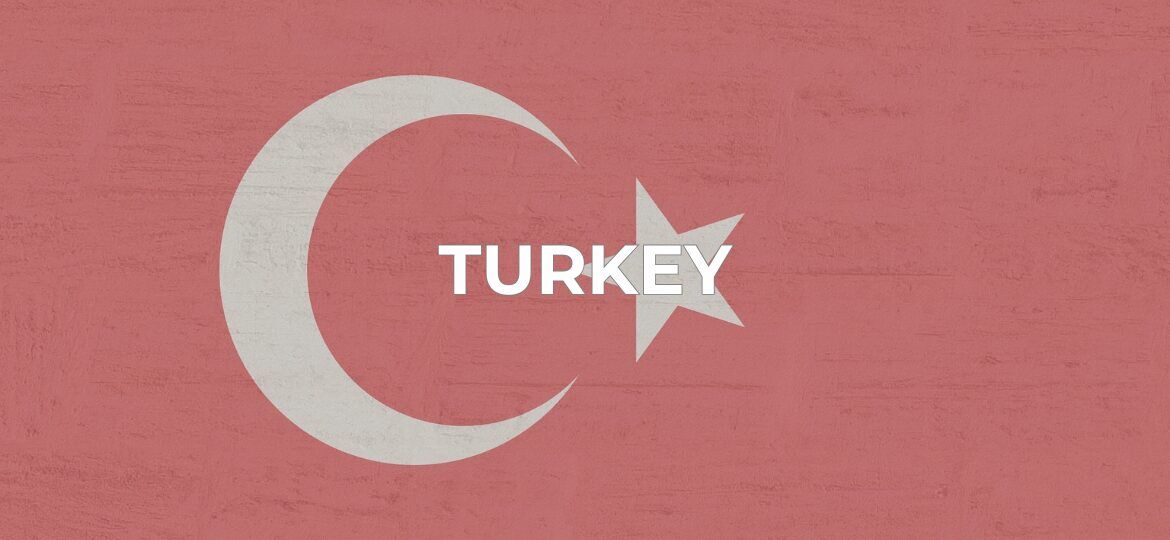
ProtectDefenders.eu has been informed that Turkey is now facing one of its gravest socio-political upheavals in decades. Tens of thousands of people have taken to the streets following the politically motivated detention of Istanbul Mayor Ekrem İmamoğlu on 19 March.
According to the Minister of Interior, as of 26 March, 1,879 people were detained during the protests, including children, lawyers, journalists, students, union leaders, and human rights defenders. The protests were met with unwarranted and unlawful use of police force, including the use of pepper spray, tear gas, plastic bullets, and water cannons against protesters, causing numerous injuries. Blanket bans on protests have been in place in Istanbul since 19 March, and in İzmir and Ankara since 21 March.
The Progressive Lawyers Association (ÇHD) also highlights incidents of torture, ill-treatment, and sexual violence in detention facilities. Lawyers have denounced the treatment of seven female detainees who were subjected to beatings as well as unjustified strip searches while in custody.
Lawyers representing those who were arbitrarily detained in the context of protests were also targeted. At least 14 lawyers were detained, including İmamoğlu’s lawyer, demonstrating the state authorities’ disregard for the rule of law and the right to defense, due process, and justice.
We have been informed that the crackdown on mass protests has been accompanied by intensified attacks and pressure on independent media and journalists. At least 10 local journalists were physically assaulted by the police while covering the protests on the ground in Istanbul, and one journalist was reportedly assaulted by protesters. As of 28 March, at least 14 journalists were detained after covering the protests.
Furthermore, amid mass protests, the authorities have swiftly imposed heavy restrictions on social media and messaging apps, including ordering social media platforms to block protest-related content.
These attacks explicitly violate freedom of expression, association, and information, and contravene the prohibition of torture and other ill-treatment. Protesters, journalists, and other observers must be protected and able to freely manifest and report on public interest issues, including monitoring the actions of law enforcement officials, and must not face reprisals or other harassment. Authorities must also refrain from using legal and extra-legal means to exert pressure on social media platforms to censor online content in violation of their international human rights obligations.


